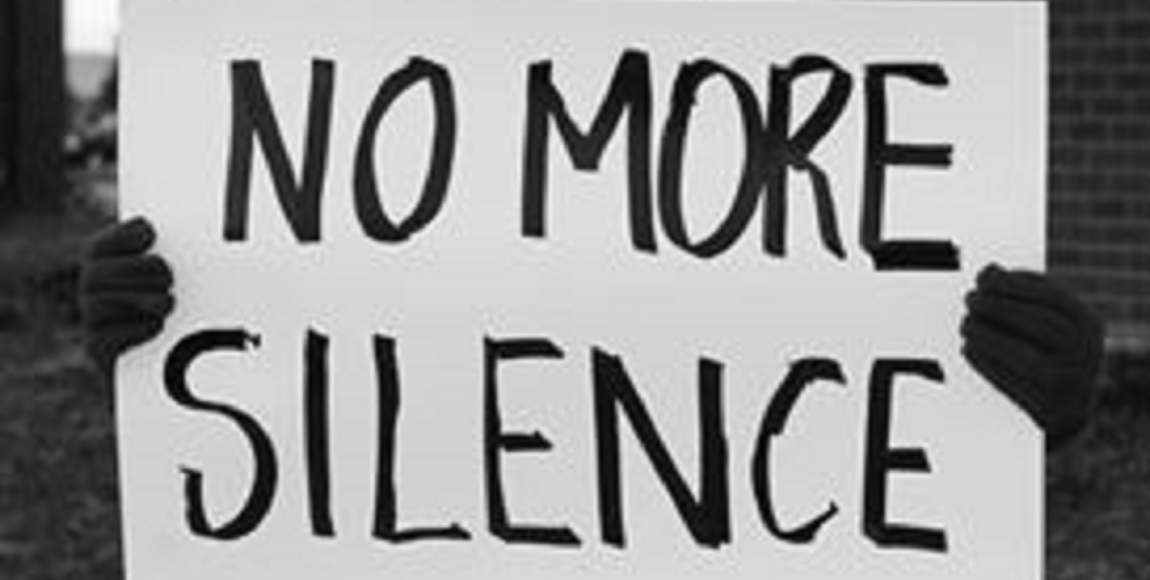A viral video uploaded to YouTube [TW:Sexual abuse and paedophilia] in which a woman details allegations of paedophillia against her paternal grandfather has left many of us asking how best to support survivors of gender-based violence when the wheels of justice move so slowly.
Read more: A guide for survivors: what to do after rape
Given the allegations and the outpouring of support, many people have taken to social media to consider how best to support the woman and other survivors. Writing for The Daily Vox in 2018, Nikita Ramkissoon says “ineffectiveness of the judicial system in dealing with sexual violence is flawed, and ultimately favours the perpetrator, even if he is as guilty as sin”. Ramkissoon says believing women when they say they’ve been sexually assaulted is the right thing to do.
Speaking to The Daily Vox, Loyiso Saliso from The Total Shutdown said when survivors and victims speak out there is a lack of psycho-social services. Saliso said there is a need for those services both for the experience the survivors went through as well as the process of taking the matter to court.
“Another thing that is needed for survivors is shelters,” said Saliso. She said when survivors speak out, they are told to leave their situations. However, they are advocating that survivors should not be leaving their homes. “It is the perpetrators who need to go into shelters,” said Saliso.
With the new Domestic Violence Bill currently being debated in parliament, the burden is still being placed on the survivor, said Saliso. There is no accountability for the people causing the problem, she said.
As for social media, Saliso said those in charge of the platforms need to understand what a crisis gender-based violence is in South Africa and globally. They need to better with policing those who re-victimise survivors. “Part of unlearning is being a bit harsh on those who are willing to understand how serious this crisis is […] Nobody can claim they are not informed enough because it’s a daily conversation happening on social media about abuse,” siad Saliso.
The best way to help survivors Saliso said is that if you don’t have anything better to say, don’t say anything at all.
Read more: Safe coping strategies are vital for recovery of rape survivors
Shameelah Khan from Women of Waqf said being a good ally to survivors means believing the survivor, standing with her/him and offering support. Khan said: “It is never easy to share trauma so belief is a very imperative part of allyship.”
“Another important part of doing the work for survivors is understanding trigger warnings,” said Khan. This means being more self-aware when speaking to survivors.
She said looking at this situation specifically, it’s important to form rituals around healing. “This is collective healing because we experience collective trauma,” said Khan.
Speaking with family and friends is also important. “The perpetrator is closer than we can ever assume and as we know, they come in the form of people who may even raise us. […] Consent or rather the topic of consent should be a compulsory conversation so that young kids do not hold within them shame and trauma and confusion about any blurred lines. That is our duty as parents and as guardians and as community members,” said Khan.
Featured image Via US Air Force
Author’s note: The piece has been edited to include Shameelah Khan’s comment.









